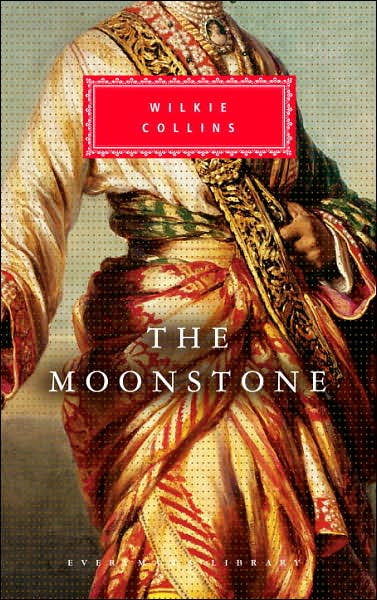The entire album is great by the way.
Now onto the real reason I'm posting -- May was a good month for me. I somehow managed to get through five books (...I'm kind of a slow reader). And in case you missed it (check out my reviews) I read:
- The White Woman on the Green Bicycle by Monique Roffey*
- Drowning Ruth by Christina Schwarz*
- A Clockwork Orange by Anthony Burgess
- The Moonstone by Wilkie Collins
- The Red Rooster by Michael Wallace*
Tomorrow is the first day of June and I have about six months or so to complete my challenges. This sounds very doable. Overall, I think I've maintained a good balance of reading according to my lists and random, mood-induced choices of books to read. Participating in three challenges gives me the right amount of freedom I want, but just enough pressure to venture out of my comfort zone. So what have I accomplished?
Smooth Criminals - 5/8:
- A Demon In My View by Ruth Rendell*
- The Postman Always Rings Twice by James M. Cain*
- The Monk by Matthew Lewis
- The Maltese Falcon by Dashiell Hammett*
- The Moonstone by Wilkie Collins
Color Coded - 5/9:
- A Clockwork Orange by Anthony Burgess
- The Red Rooster by Michael Wallace
- The Yellow Wallpaper by Charlotte Perkins Gilman
- The Autobiography of an Ex-Colored Man by James Weldon Johnson*
- The White Woman on the Green Bicycle by Monique Roffey
European - 2/5:
- The Neverending Story by Michael Ende*
- The Moonstone by Wilkie Collins
I'm content with my progress so far...Right now, I'm halfway through The Girl with the Dragon Tattoo, a quarter of the way through Prodigal Summer and Mockingjay is on deck on my Kindle. I've been feeling like I need some sci-fi or fantasy in my life, so I'll probably head in that direction with my reading in the not so distant future. That's about it for now -- hasta luego.
* = read this book one day.













